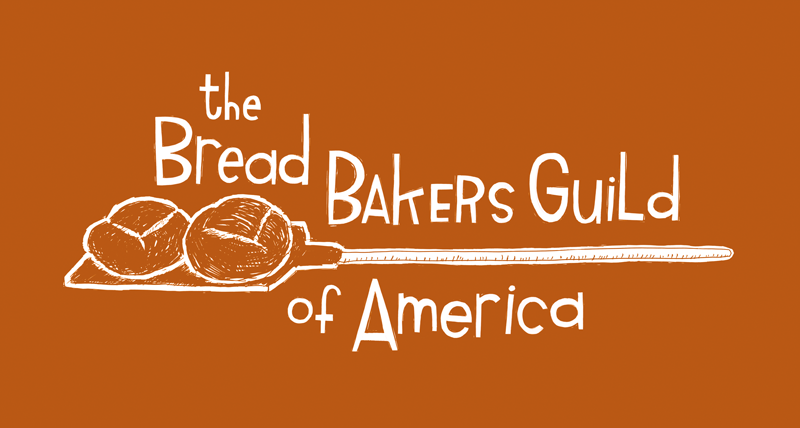
In this edition of the Guild's Member Spotlight, we’re excited to introduce member Molly Carney, the founder of Dirt Lady Bread. The Guild recently spoke with Molly about how her pathway into breadmaking started in a rather unexpected way: through farming. Molly spoke about the importance of artisan bread, working with heritage grains, what it's like running a cottage bakery in one of the hottest places on earth.
How did your journey into breadmaking begin?
Molly Carney: It actually started through farming! I was farming on six acres in Florida, but farming in June and July there is unbearable. I went to visit my mom in Kansas, and while picking up bread at a local bakery, I saw them milling red fife wheat right on the counter. That moment changed everything. I realized flour and bread are living products, and it sparked something in me. I applied for a job at 1900 Barker, a bakery in Kansas, and that’s where my obsession with bread began.

You’ve been incorporating heritage grains into your bread. How has that experience been?
It’s been a learning curve for sure! When we first started Dirt Lady Bread, we were using King Arthur organic flour, which has a very high protein content. But once I began working with Yadi at Oatman Farms and using local heritage grains, the process was completely different. Hundreds of loaves didn’t turn out as expected at first. Some customers didn’t love the change—they wanted that super fluffy white bread—but we’ve gained others who are passionate about supporting local farmers and sustainability. It’s challenging but rewarding.
Dirt Lady Bread is currently a cottage bakery. What’s your production schedule like?
During our market season in Tucson, we baked twice a week —Saturdays and Sundays—out of our home kitchen. For each bake, we do 45 loaves, 25 baguettes, 50 rolls, and anywhere from 50 to 100 cookies. Everything is hand-mixed. It’s a lot of work, but we’ve fine-tuned our process over time. Right now, we’re using about 40% White Sonora Wheat in our loaves, and the results have been really beautiful.

How has the Tucson community responded to your bread?
We recently hit our one-year mark in Tucson, and it’s been incredible. We’ve had a few customers who were initially hesitant about the heritage grains, but overall, the response has been really positive. People here care about supporting local farms and the environment, so it aligns perfectly with what we’re trying to do with Dirt Lady Bread.

You recently went on the Guild's "Seed to Slice," mill tour field trip with the Bread Bakers Guild of America. How was that experience?
It was amazing! I had never seen the milling process up close before, so getting to spend time with a miller and really understand the process was eye-opening. Yadi and I both work with grains in different ways, but neither of us had that hands-on experience with milling. Seeing it in person connected all the dots for me. It was also great to talk with other bakers and farmers and learn about their challenges and successes.
What’s next for Dirt Lady Bread?
Dirt Lady Bread is in a transitional phase because we recently moved to Lawrence, Kansas. We will continue to build the brand; recipe develop, engage on social media, and connect with our community. The support from the Guild our bread community has been incredible, and we’re excited for what’s ahead.

Any advice for new bakers or those looking to get into heritage grains?
Don’t be afraid to experiment, but also be prepared for a steep learning curve! Heritage grains behave differently than conventional flour, so it takes time to get used to. But the effort is worth it. You’re not only making delicious bread, but nutrient dense, easy to digest bread that supports your local food economy. Bakers are in a unique position to work directly with farmers and millers and turn their raw agricultural product into some really amazing for the community.
Follow Dirt Lady Bread here more updates from Molly and her bakes.

